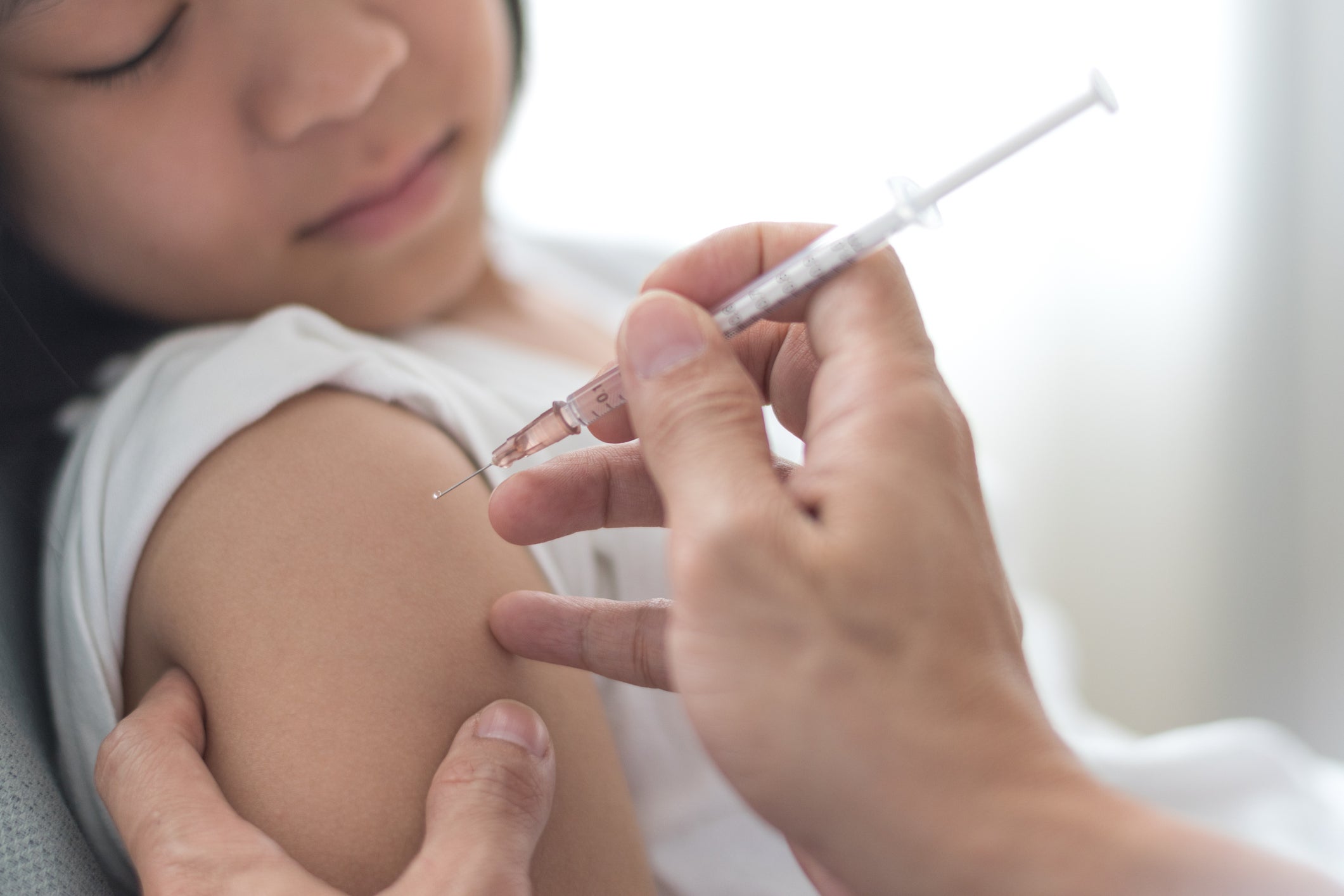
About a third of women are overdue for their appointment for life-saving cervical cancer screening – due to embarrassment, discomfort or simply not having enough time to attend.
But offering women an at-home self-test could prevent as many as 1,000 cases of cervical cancer every year, a study led by Queen Mary University of London with King’s College London found.
More than 3,000 women are diagnosed with cervical cancer each year in the UK. It has been estimated that the number would be 5,000 higher if it weren’t for cervical screening.
The number of women participating in cervical screening has been falling, and in 2024, only 66 per cent of those eligible for screening were up to date.
It tests for a virus called human papillomavirus (HPV), which can cause changes in the cervix and in some cases, can lead to cervical cancer.
“Cervical cancer is the most preventable of cancers. Women born before 1990 will not benefit from the HPV vaccination. But they can reduce their risk by 80 to 90 per cent if they get screened regularly,” Professor Peter Sasieni from Queen Mary University of London explained.
In the study, published in the journal EClinicalMedicine, researchers recruited 13 GP practices in West London to find out the benefits of offering women a take-home test.
These practices were divided into two groups, with about 6,000 women who were overdue for their screening in each group.
One group of GP practices made in-person kit offers to women who were at least six months overdue for their cervical screening, the other group did not. For the first group, when women attended their GP practice for any reason, their doctor or nurse was encouraged to offer them a self-sampling kit.
In the study, people who were 15 months overdue for cervical screening were randomised each month. Half received no special communication, a quarter were mailed a self-sampling kit, and a quarter were sent a letter offering a kit.

Of the 449 women opportunistically offered a kit in a GP appointment, 234 (52 per cent) accepted and returned a sample.
However, the uptake of self-sampling after a postal offer was lower: 12 per cent among those sent a kit, and just 5 per cent for women sent a letter offering a kit.
Researchers estimate that if this approach were adopted across the NHS, 1,000 cases of cervical cancer could be prevented.
Home-testing kits for HPV will soon be offered to people in England who are overdue for cervical cancer screening, giving women and people with a cervix the option to stay up to date with cervical screening without needing an internal examination.
Dr Anita Lim, lead epidemiologist on the study from King’s College London, said: “These findings are directly relevant to current efforts to modernise cervical screening in England. Self-sampling gives women greater control over how and when they get screened.
“This study reinforces that many women welcome the option – particularly when it’s offered in person by a trusted healthcare professional. A simple change like this could have a major impact on preventing cervical cancer.”
There are about 100 types of HPV, and only 30 can affect the genital area. Many people never show symptoms as they can arise years after an infection, and the majority of cases go away without treatment.
Vaccinating against HPV is almost 90 per cent effective at preventing cervical cancer in women in their twenties who were offered it at age 12 to 13, according to Cancer Research UK. But the best way to prevent cervical cancer in those not vaccinated when they were young is through screening, reducing the risk by 80 per cent.
Fiona Osgun, head of health information at Cancer Research UK, said: “We know that almost a third of people in the UK tell us they are overdue their appointment – whether that’s due to discomfort, embarrassment, or simply struggling for time.
“That’s why we welcomed the government’s decision last month to roll out cervical home screening kits in England for people who don’t take up their invite. This study shows that offering these kits during GP appointments could be part of an effective approach to making screening more accessible and remove barriers.
“It’s important to remember that cervical screening is for people without symptoms so, if you notice any unusual changes for you, don’t wait for a screening invitation – speak to your doctor.”




